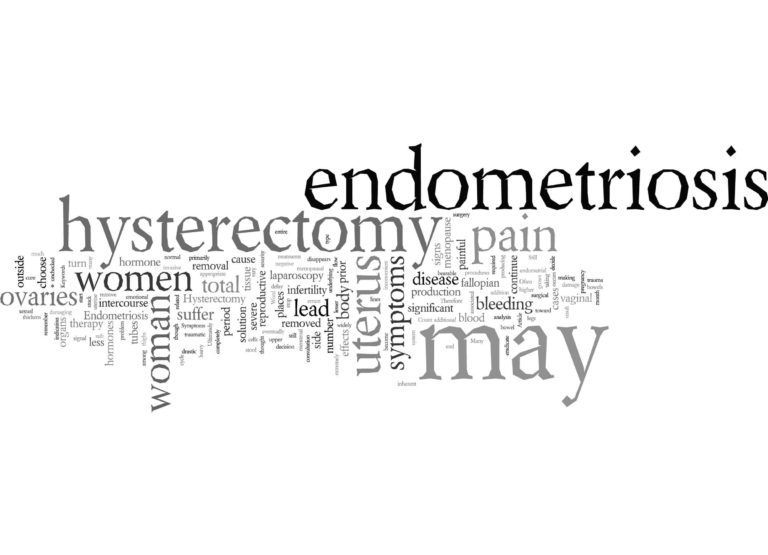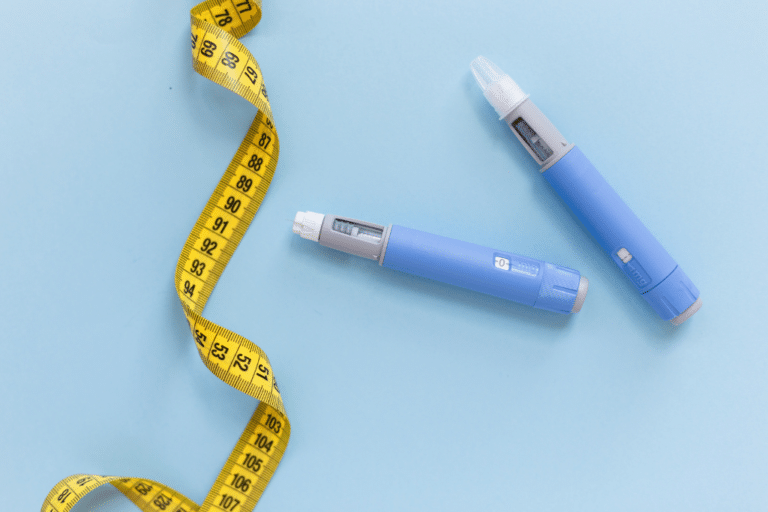One in three American women has a hysterectomy (the surgical removal of the uterus) before age 60. Only a small percentage undergo the operation to fight uterine cancer or other life-threatening conditions. Most have it to halt heavy menstrual bleeding, combat endometriosis, or stop pelvic pain. Many women are told that hysterectomy is their best option for heavy bleeding, fibroids, or adenomyosis. And while this may be true if all other options have failed, it is not just removal of a body part that is “no longer needed.”
Emerging evidence linking hysterectomy to an increased risk of chronic diseases such as osteoporosis, cardiovascular disease, and dementia should prompt you to think about the procedure’s balance of benefits and risks, especially if you are younger or plan to have your ovaries removed as part of a hysterectomy.
If you have a partial hysterectomy, you will keep your ovaries, but the likelihood is that the blood supply will be disrupted during the surgery. They will continue to produce hormones on average for 3-4 years, then your hormone levels will gradually fall.
If you are considering a hysterectomy, here’s what you need to think about long term.
Bone Health
Estrogen and progesterone are both essential for bone health. Having both ovaries removed before age 45 is strongly associated with low-bone mineral density and arthritis in later years. A study done at Johns Hopkins University showed that women who had had a bilateral oophorectomy before age 45 and didn’t take HRT were about twice as likely to get arthritis and three times as likely to have low bone mineral density, compared with those with intact ovaries.
Another study of 40 post-menopausal women who had their ovaries preserved during a hysterectomy still showed statistically significant decreases in bone density compared to women who had not had hysterectomies.
If BHRT is not an option, bone health is best preserved by doing weight-bearing exercise including weight lifting. Supplementation with Vitamin D, magnesium, Vitamin K2, and calcium is also helpful, although the use of calcium is debatable. There are multiple pharmaceuticals that can help with bone density if osteoporosis develops, but they have a number of side effects.
Cardiovascular Health
A large Swedish study showed that hysterectomy in women aged 50 years or younger substantially increases the risk for cardiovascular disease (CVD) later in life and ovary removal further adds to the risk of both coronary heart disease and stroke. Hysterectomy after age 50 added little or no risk.
In the ongoing Nurses’ Health Study, researchers followed the health of almost 30,000 women who had undergone hysterectomy for noncancerous conditions. Over 24 years of follow-up, those who had their ovaries removed during the procedure had a 28% higher risk of dying from a heart attack or other cardiac events than those who did not have their ovaries removed. The risk was even higher for women under age 50 who did not take estrogen after the procedure. The researchers estimated that one extra woman would die of heart disease for every 130 women who had both ovaries removed during a hysterectomy.
Brain Health
Endocrinology textbooks describe the uterus as having the sole function of accommodating and supporting a fetus or as a useless organ outside of reproduction. But, there is mounting evidence from research in animals and people suggesting otherwise.
The uterus and ovaries communicate for reproductive functions, but there are also direct connections between the uterus and the brain through the body’s autonomic nervous system. The autonomic nervous system coordinates unconscious functions like breathing and digestion. The lesser understood uterine-brain connections could affect cognitive functions and impact how females age.
There is some research showing that women who undergo hysterectomy but maintain their ovaries have an increased risk for dementia if the surgery occurs before natural menopause.
Hysterectomy is also associated with an increased risk of long-term mental health issues, especially depression and anxiety, according to a cohort study by Mayo Clinic researchers involving nearly 2,100 women. The study was published online by Menopause: The Journal of the North American Menopause Society.
Rat studies (humans are cellularly similar to rats) suggest that hysterectomy may also result in long-term learning and memory issues.
Bottom Line
All of these chronic issues relate to the loss of estrogen and/or progesterone. If your doctor is recommending a hysterectomy, ask if there are other options. If your desire to “just not deal with it anymore” is the deciding factor, you need to understand what problems you may be trading for the ones you have now. Make sure a hysterectomy will CURE your problem and that all other alternatives have been explored. If you do end up having your uterus and/or ovaries removed, consider BHRT and a proactive approach to your long-term health.
[bctt tweet=”Your uterus and ovaries are not “spare parts” once you get past childbearing age. #hysterectomy #bonehealth #osteoporosis #dementia #hearthealth #hormones #estrogen #progesterone #uterus #ovaries #DrAnnaGarrett #AnnaGarrettAsheville” username=”DrAnnaGarrett”]
Dr. Anna Garrett is a menopause expert and Doctor of Pharmacy. She helps women who are struggling with symptoms of perimenopause and menopause find natural hormone balancing solutions so they can rock their mojo through midlife and beyond. Dr. Anna is the author of Perimenopause: The Savvy Sister’s Guide to Hormone Harmony. Order your copy at www.perimenopausebook.com.
Dr. Anna is available for 1-1 consultations. Find out more at www.drannagarrett.com/lets-




